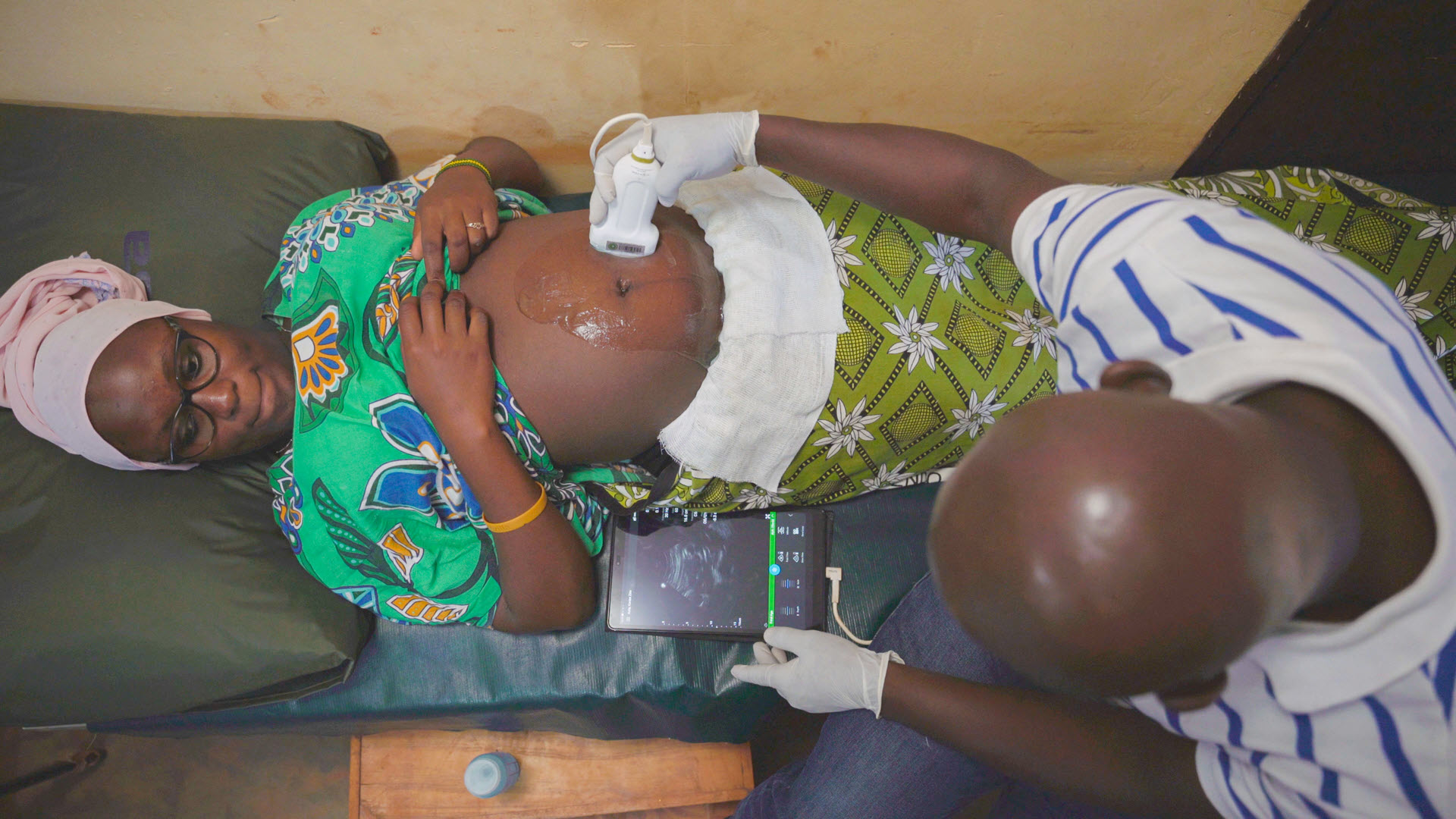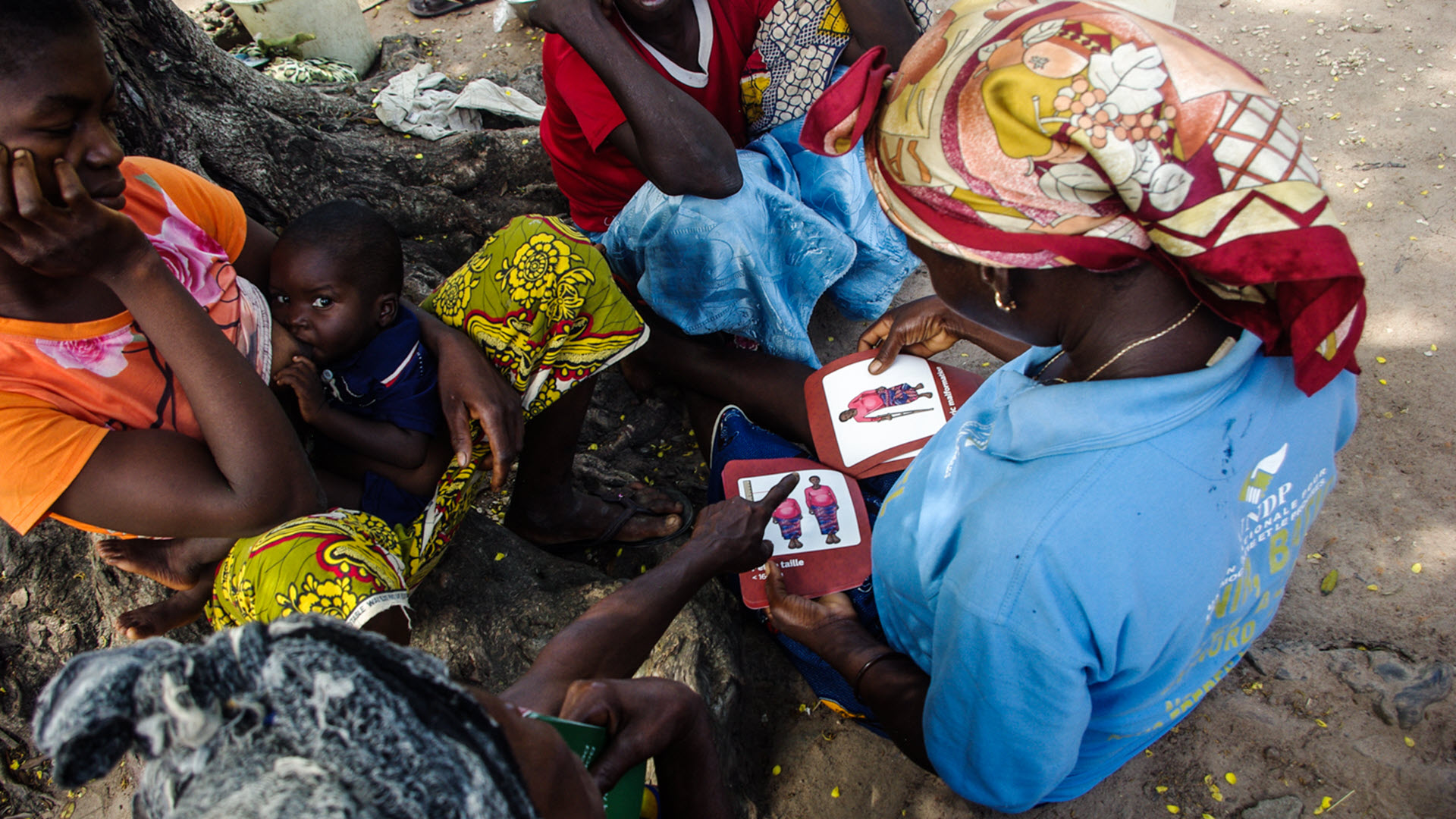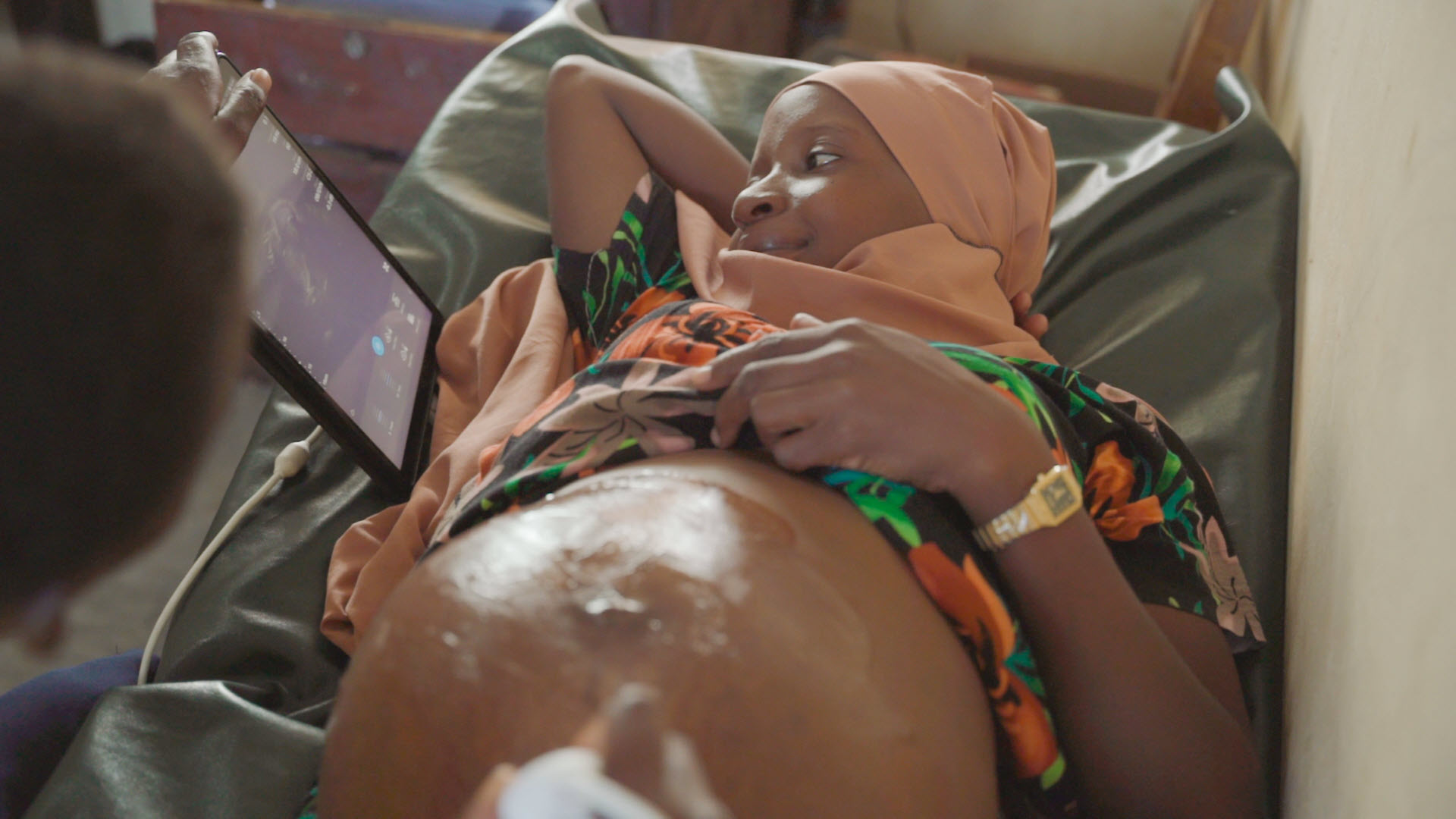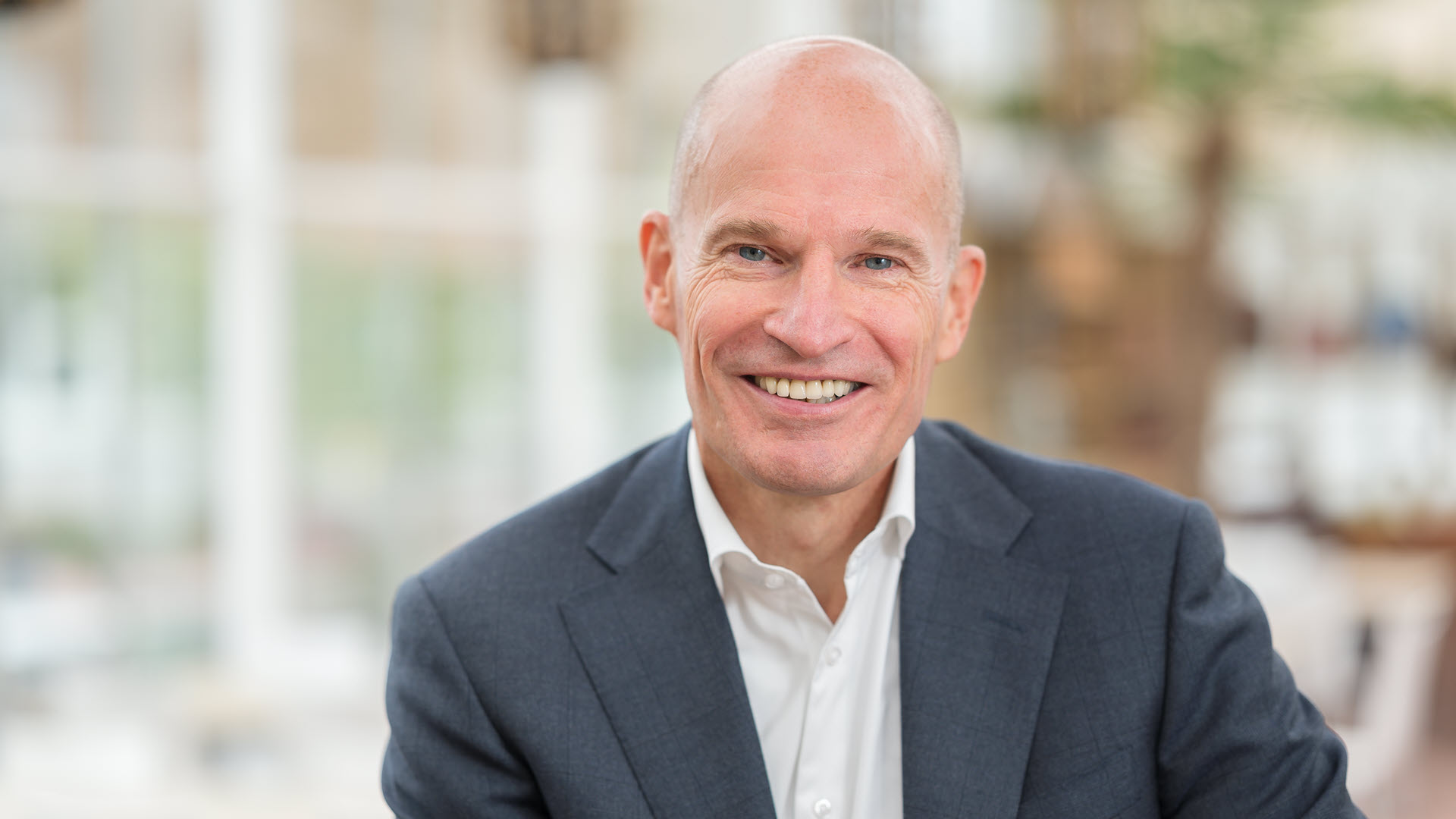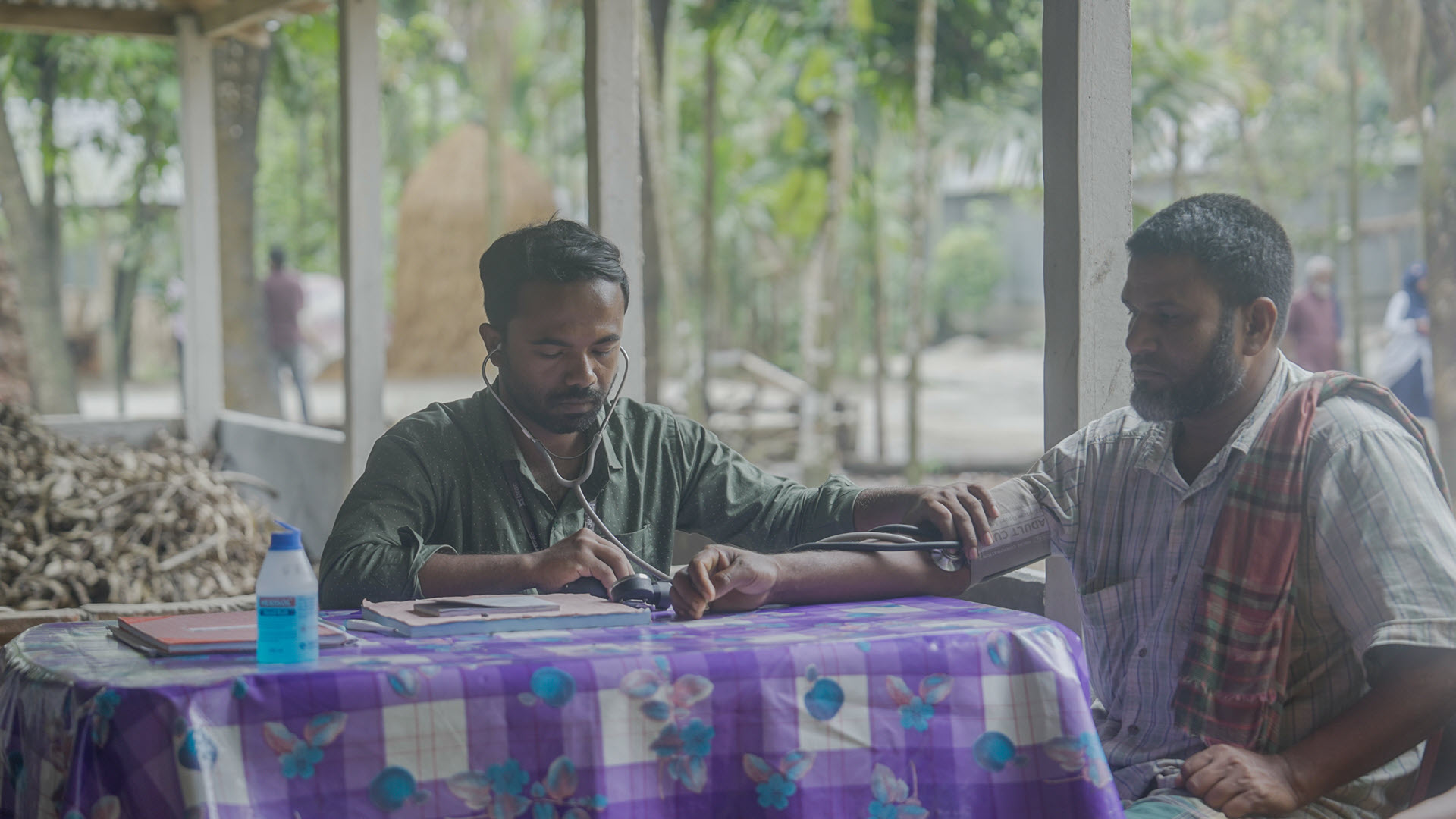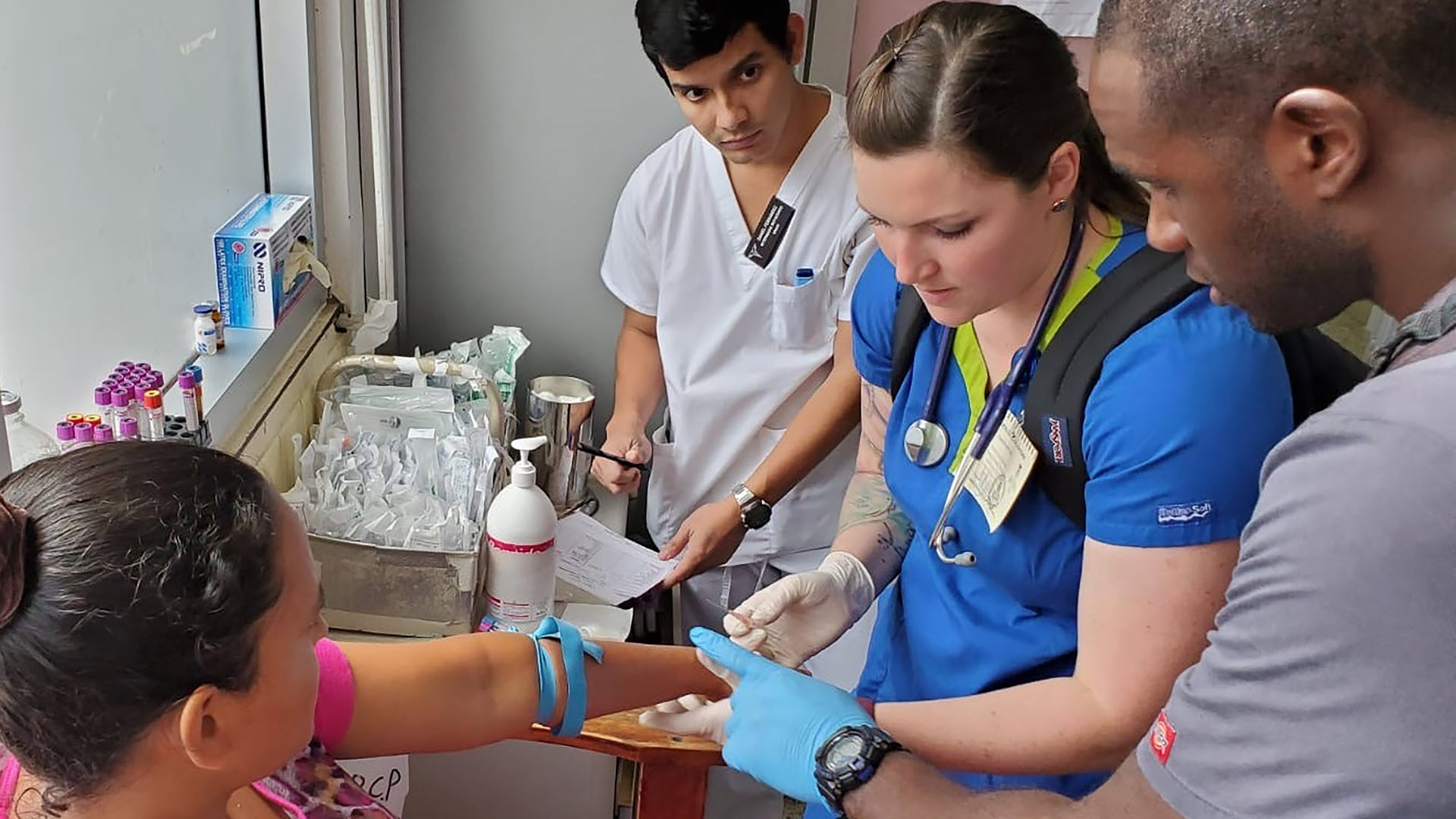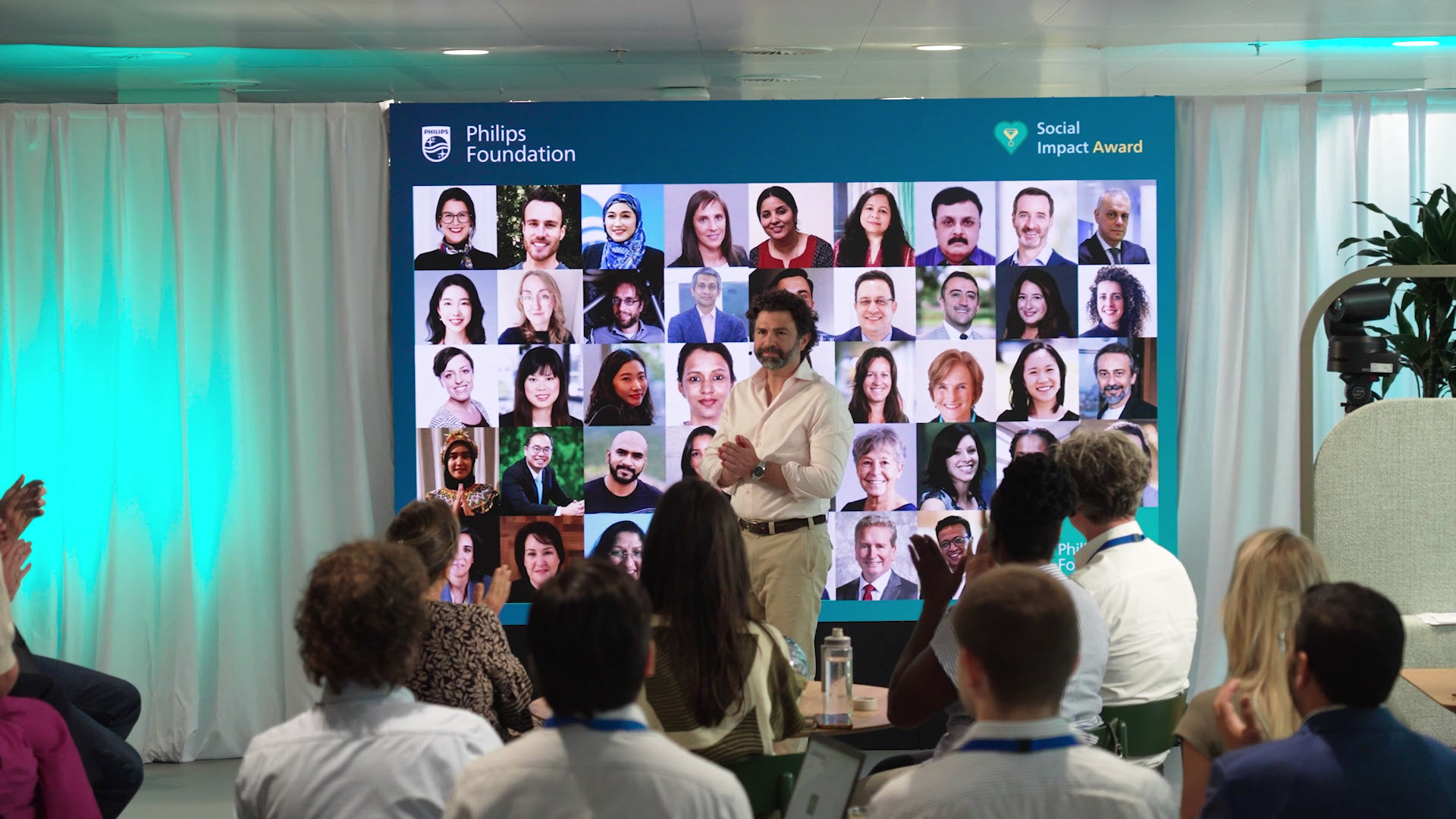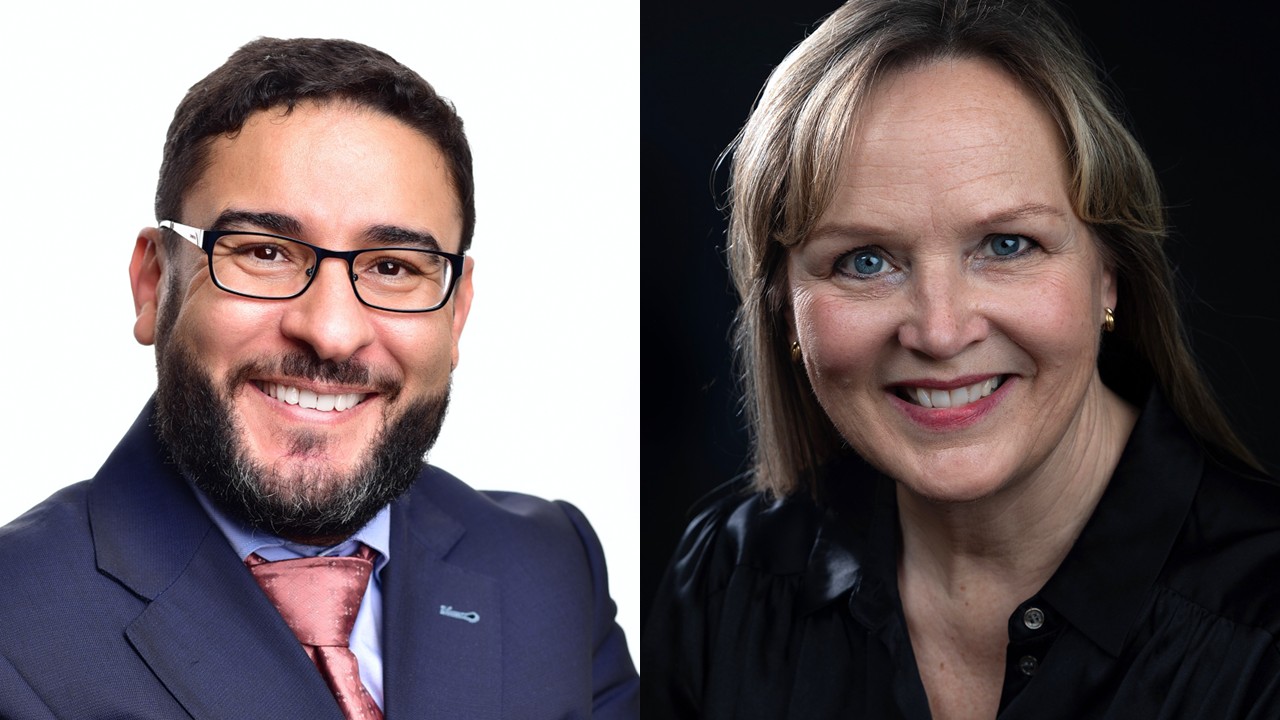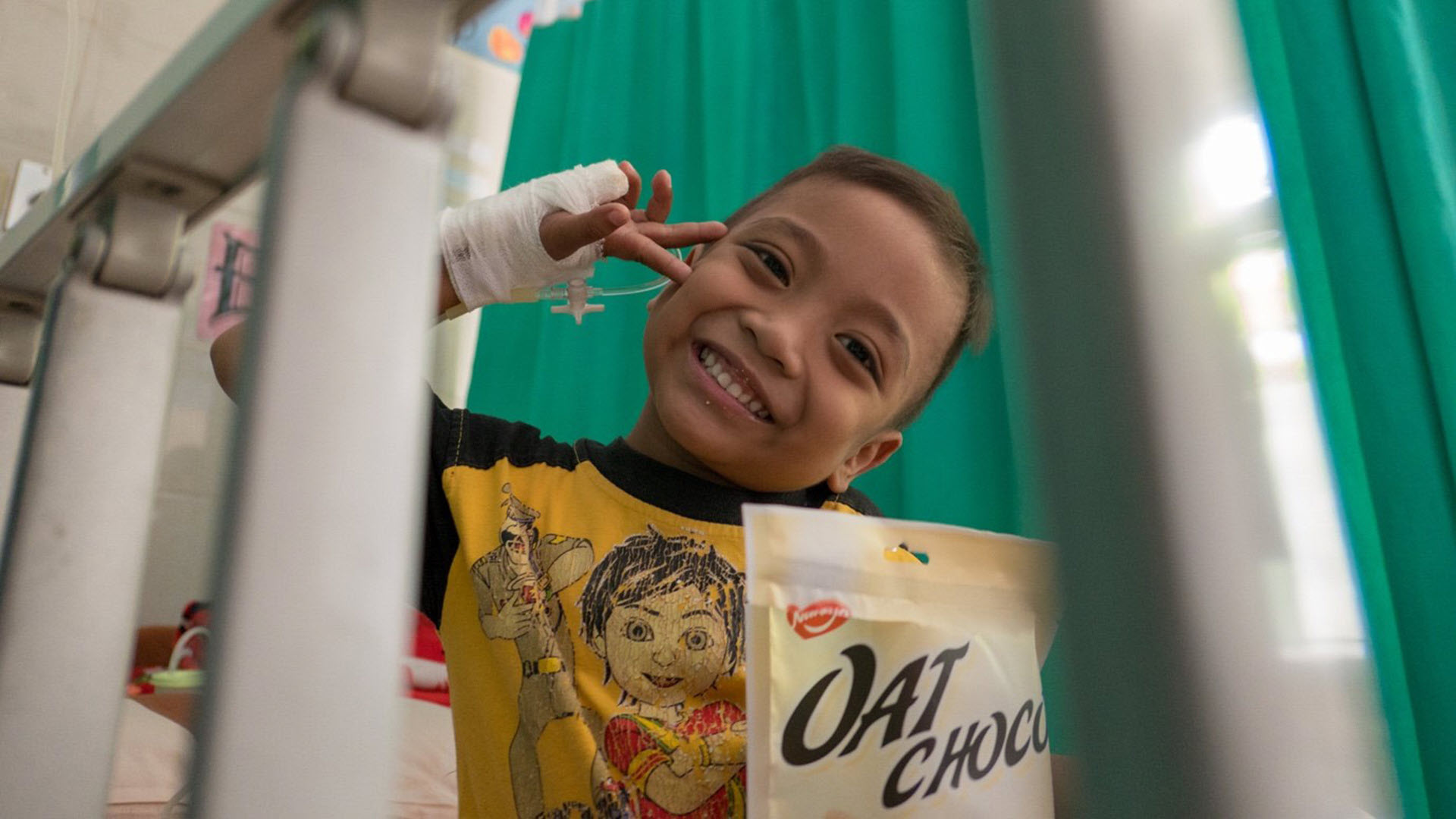Enhancing access to obstetric ultrasound services
To improve pregnancy outcomes, the World Health Organization (WHO) recommends an ultrasound scan before 24 weeks of pregnancy to estimate gestational age, detect fetal anomalies and multiple pregnancies, and reduce the need for labor induction for post-term pregnancy [2].
In Uganda, Philips Foundation supported Imaging the World Africa in training over 250 healthcare professionals, identifying life-threatening complications. In Kenya, Philips Foundation partnered with Aga Khan University to train midwives, equip health centers, and enhance communication, resulting in improved antenatal experiences and early detection of at-risk pregnancies.
“We have explored the feasibility, affordability, and sustainability of implementing the WHO’s advice to have at least one ultrasound before 24 weeks gestation in a real-life situation in Kenya,” Prof. Marleen Temmerman, Professor of Obstetrics & Gynecology at Aga Khan University, said. “Our data indicate that pregnant women do come earlier for antenatal care where they have access to ultrasound, and early antenatal attendance is a key component of quality of care, resulting in better birth planning. In addition, prenatal ultrasound also resulted in more partner involvement, education, and awareness of danger signs during pregnancy.”


